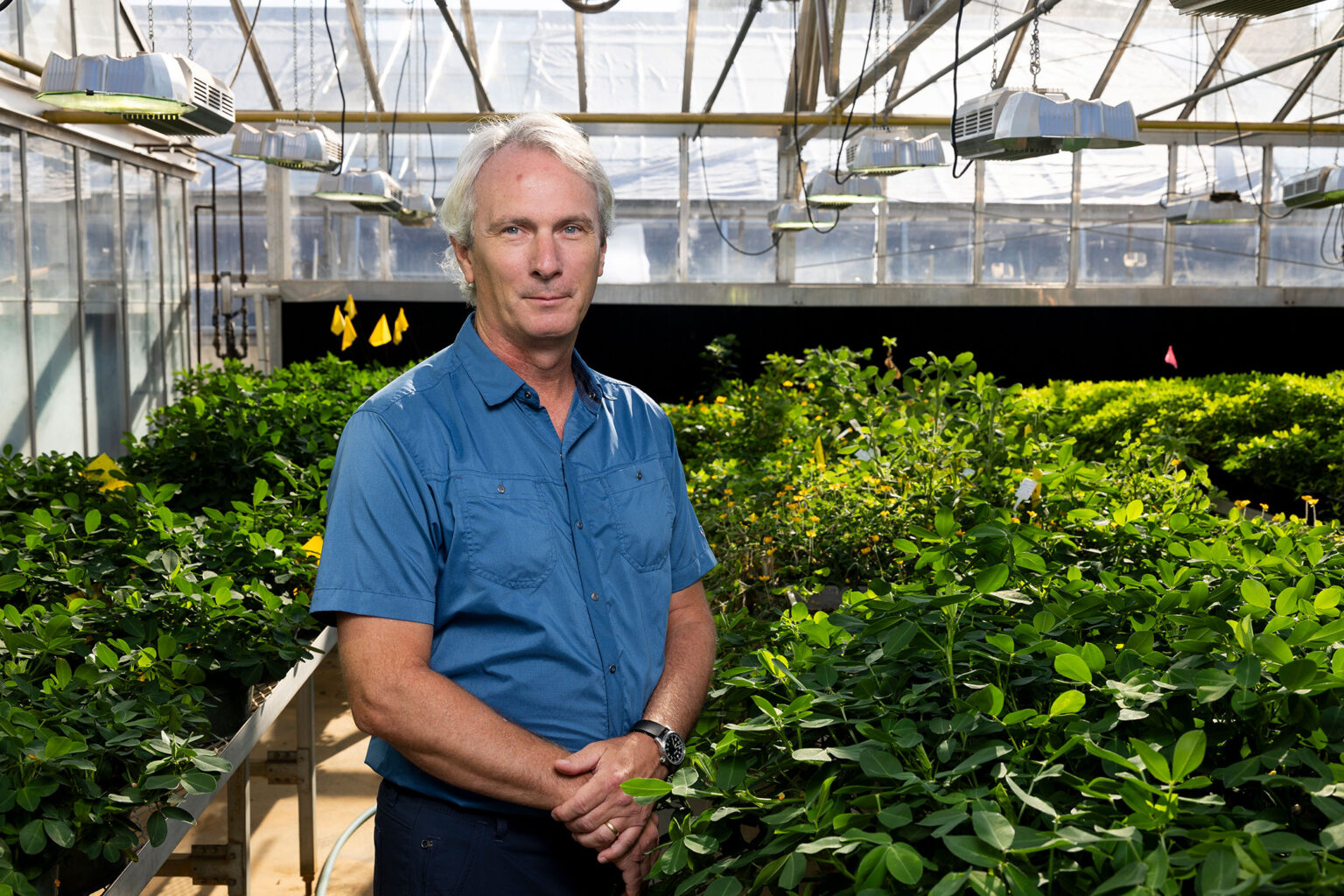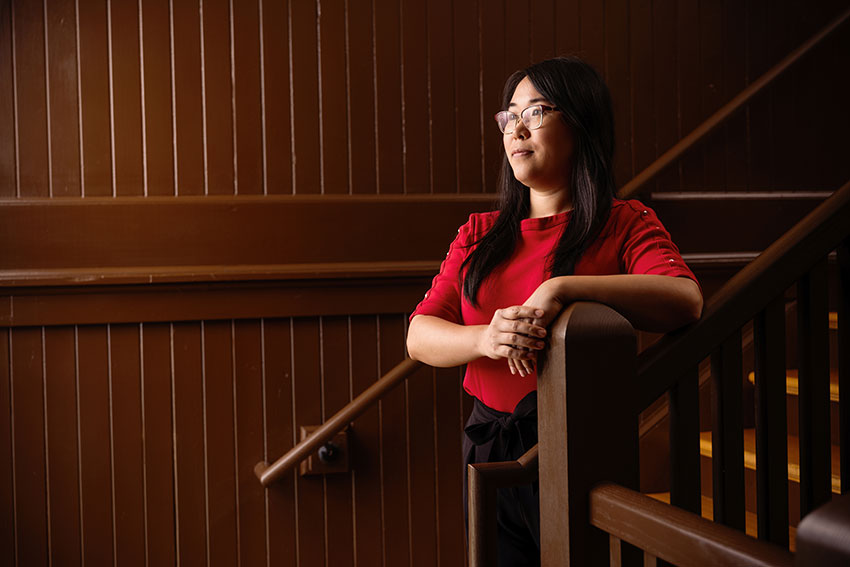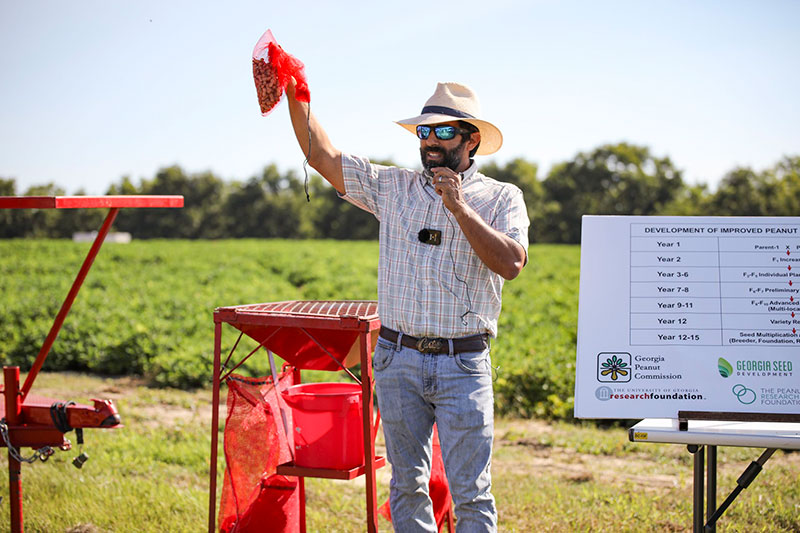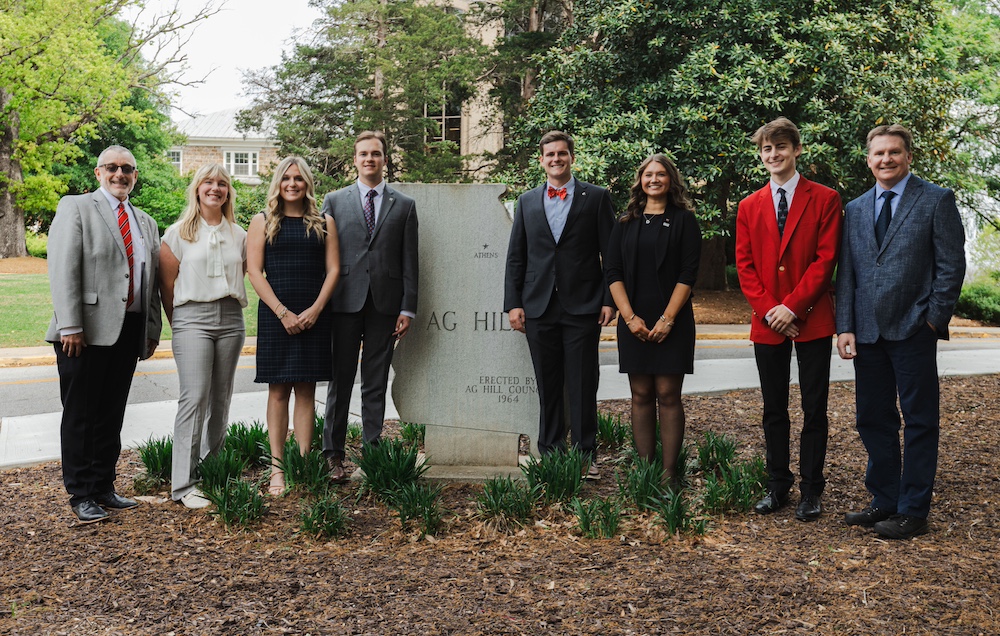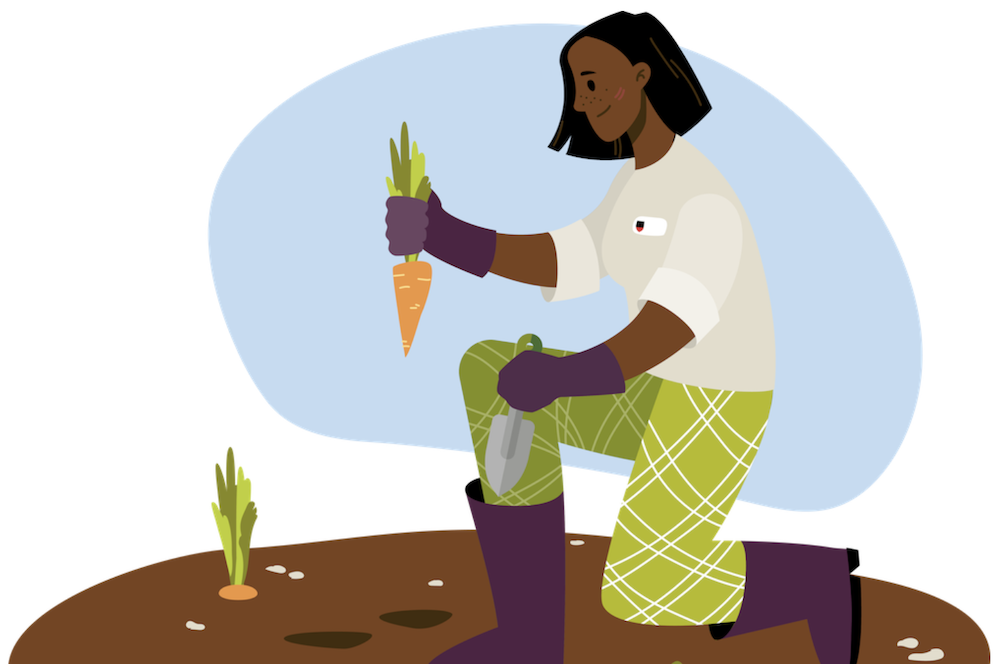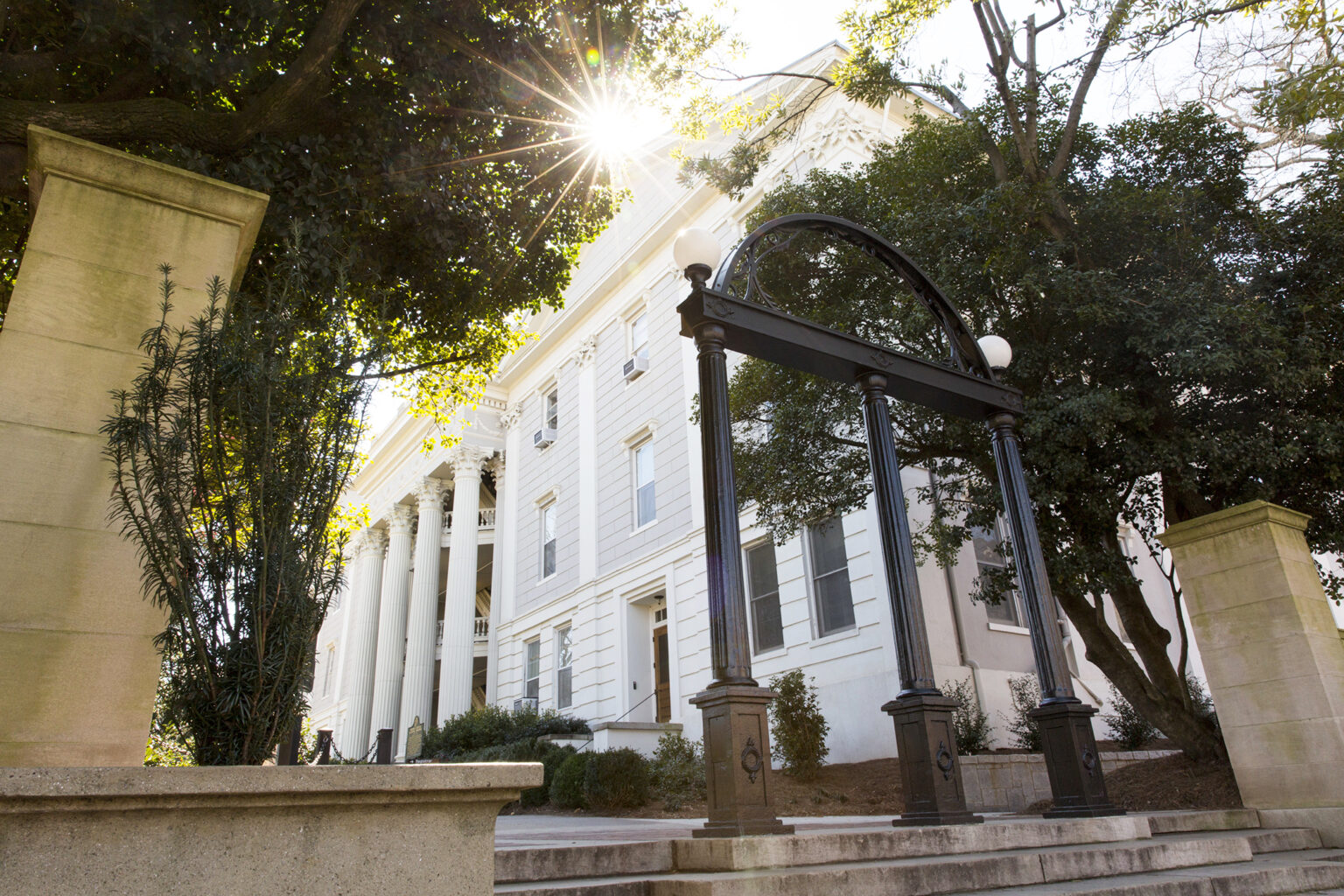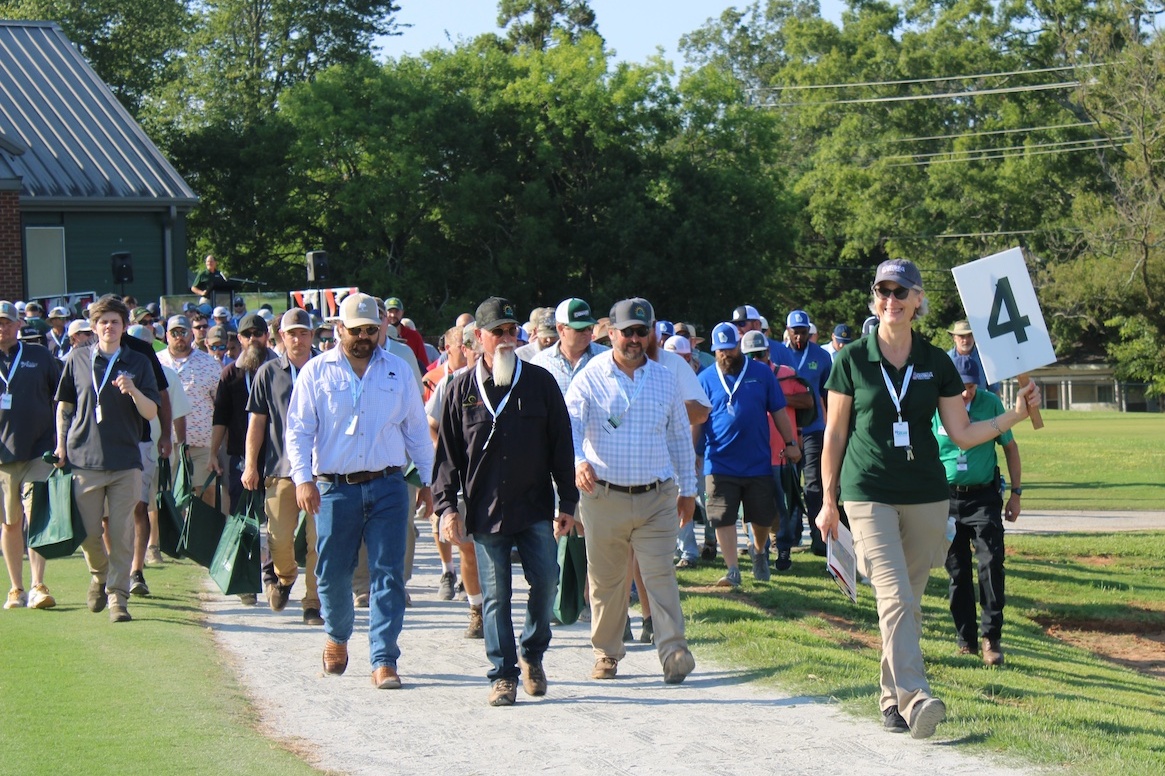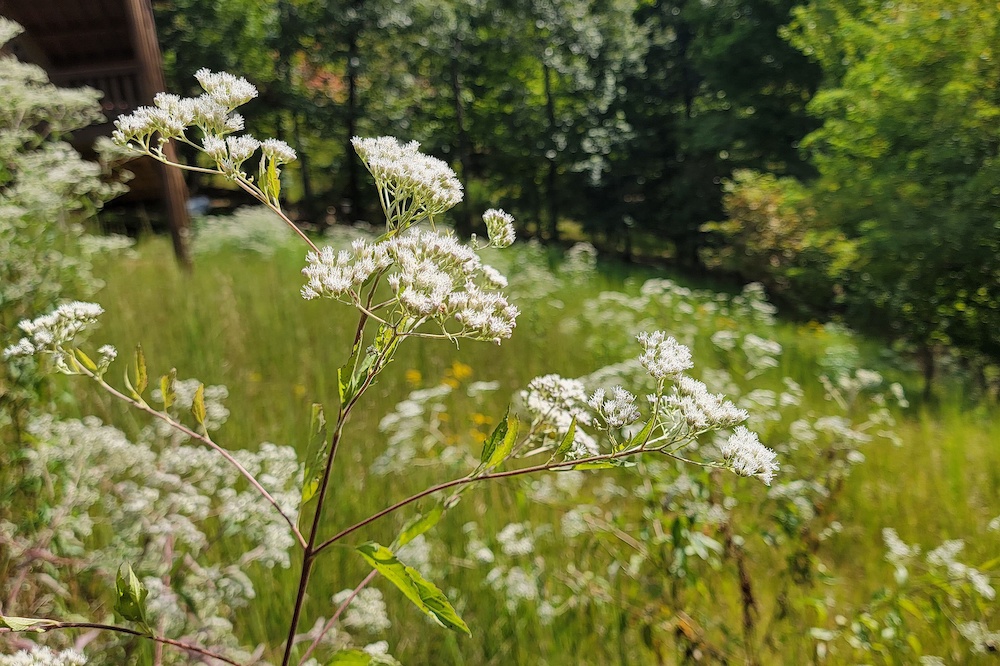 CAES News
CAES News
Rewild Your Lawn
On a tour of her Blairsville, Georgia, home, Becky Griffin navigates a swaying maze of perennial grasses interspersed with pussy willows, switchgrass and boneset. Although it may not fit the traditional image of a well-kept lawn, this landscape is the result of careful planning and a deep commitment to ecological stewardship. As a native plant enthusiast and coordinator of the Great Southeast Pollinator Census, Griffin hand-selected each of these native plants for the countless ecological services they provide year-round.


